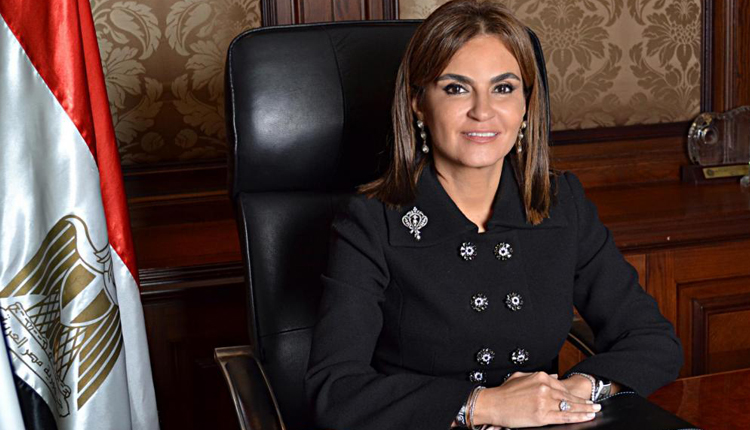Egypt adopted an inclusive economic and social programme to enhance sustainable growth, ease poverty, create suitable job opportunities, push the private sector to play its role as a growth leader, and provide opportunities for all parts of society to participate in the economy, especially young people and women.
These remarks were made by Egyptian Investment Minister Sahar Nasr during her address to the G24 ministerial meeting on Friday, held on the sidelines of the World Bank and International Monetary Fund’s annual meeting in Washington.
“Egypt’s President Abdel Fattah al-Sisi, as the [current] chairman of the African Union, pays more attention to achieving regional economic integration as a key pillar in supporting national plans. Thus, President El-Sisi has introduced many efforts and supported the continent’s infrastructure development,” Nasr said.
“Moreover, he launched the African Continental Free Trade Agreement (ACFTA) and put it into force as a strong way to enhance inter-African trade, mobilise private investments, curb unemployment, and create a more competitive business environment for stronger economies and more sustainable inclusive growth,” she added.
She called on the World Bank and the IMF to increase their support for achieving regional integration and inter-African trade as fundamental elements in achieving sustainable growth, in line with expanding investments and increasing their support to invest in human capital.
She also said that Egypt’s vision on countering the global economy slowdown and world trade tensions stems from achieving more economic integration and continuing reform trajectories to make the global economy more competitive and investments attractive.
The managing director of the IMF, Kristalina Georgieva, said at the metig that there are a number of priorities that should be worked on in the coming period, including finding a permanent solution for trade and markets tensions, continuing structural reforms of all economies, enhancing women’s engagement in the workforce, maintaining international cooperation to deal with the challenges that the global economy faces, such as money laundering, digital financial technology, climate change and governance reforms.
A G24 statement asserted that global economy growth is weak and it is expected to continue declining in 2020 due to trade tensions and their impact on financial markets.
It also called on policymakers to find a way for a critical dialogue to ease trade tensions and for multilateral cooperation to avoid more economic slowdowns to improve the living standards in developing countries and increase investments.
It also called on developed countries to provide $100 billion by 2020 for developing countries to counter climate change.
The G24 also called on the World Bank and IMF to introduce more efforts to counter migration and deal with the refugee crisis, which particularly affects developing countries, in addition to countering illegal financing flows.
source: Ahram online
